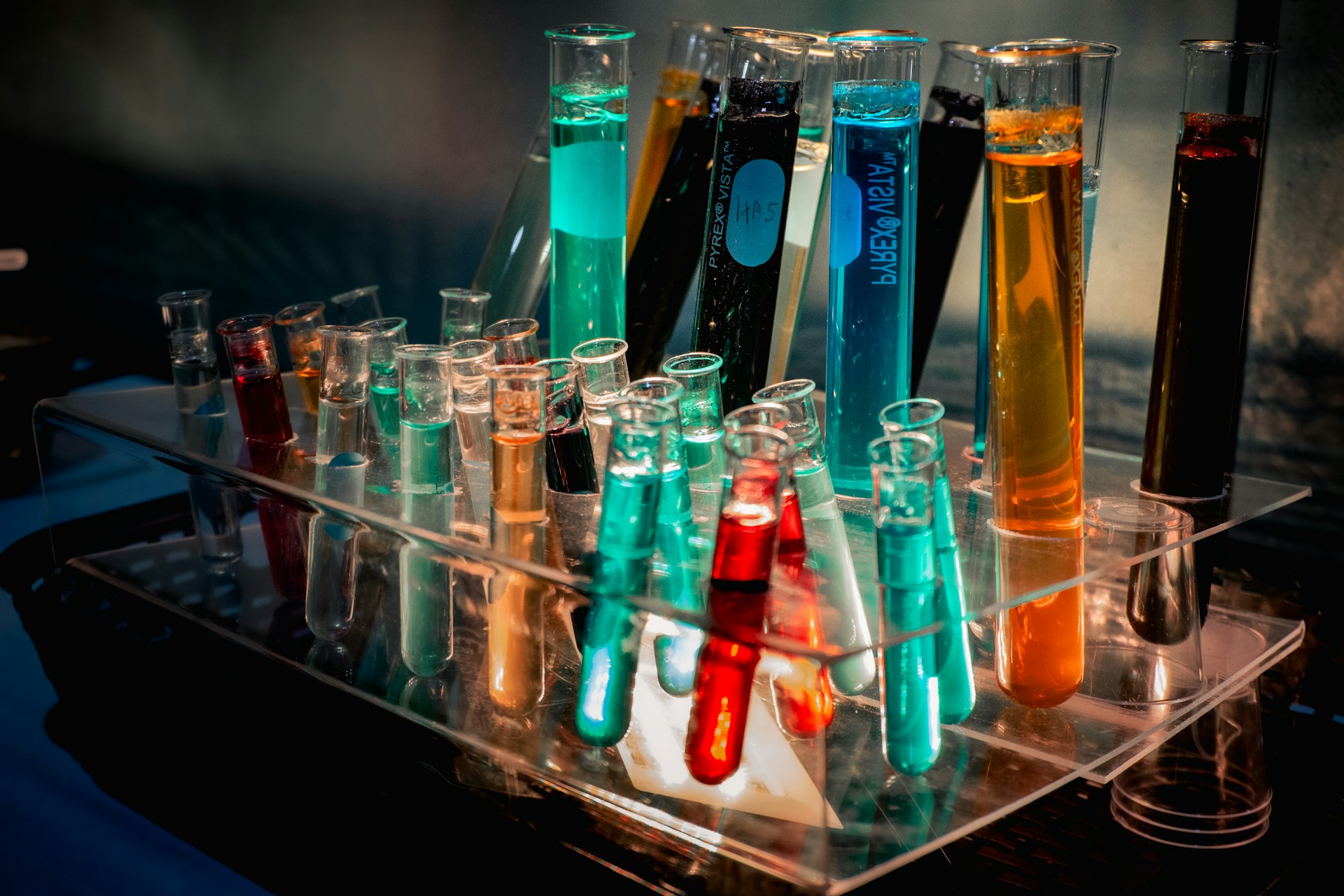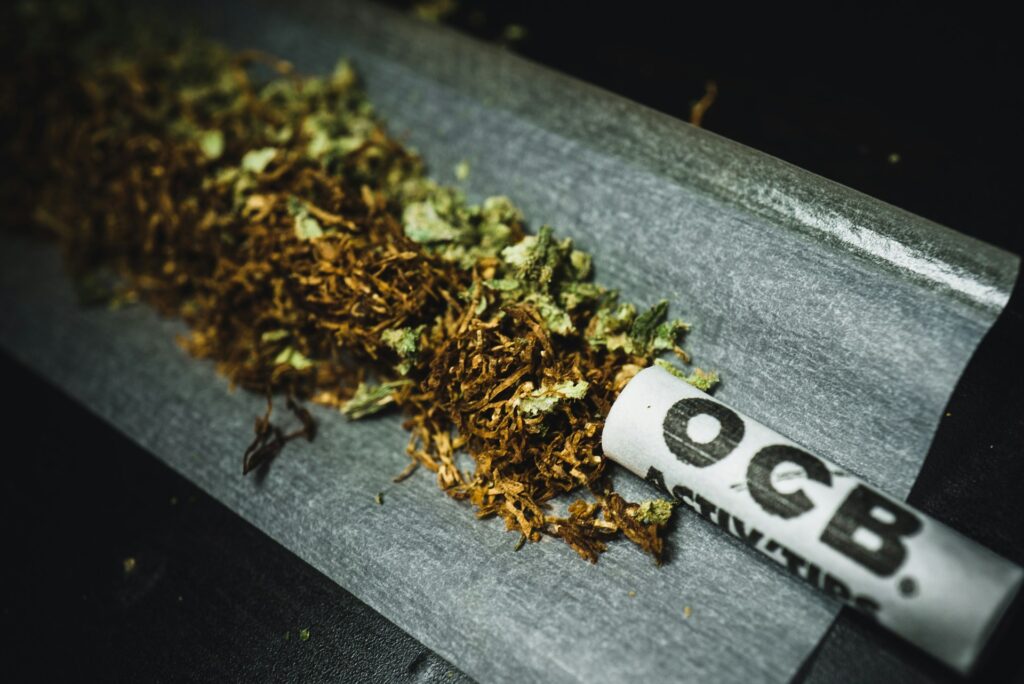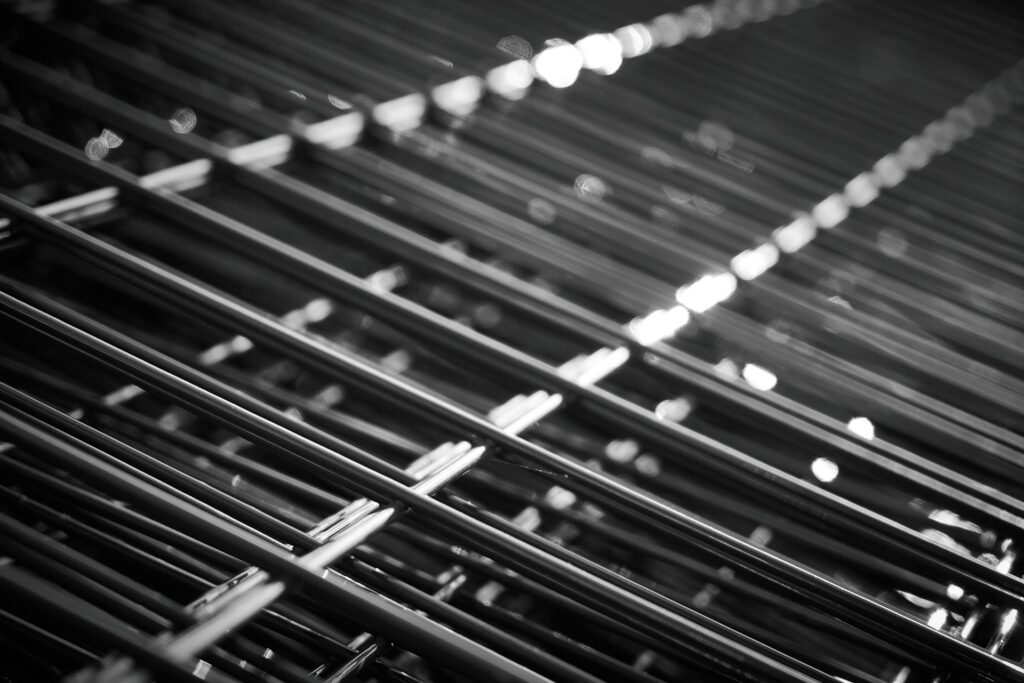Researchers at the University of California, Davis, led by David E. Olson, have successfully achieved the total synthesis of ibogaine and its analogs from pyridine, a widely available and inexpensive chemical. This development marks a significant advancement in the field of synthetic chemistry and opens new avenues for therapeutic research.
Iyer, R. N., Favela, D., Domokos, A., Zhang, G., Avanes, A. A., Carter, S. J., Basargin, A. G., Davis, A. R., Tantillo, D. J., & Olson, D. E. (2025). Efficient and modular synthesis of ibogaine and related alkaloids. Nature Chemistry, 17(3), 412–420. https://doi.org/10.1038/s41557-024-01714-7
Ibogaine, a psychoactive compound derived from plants such as Tabernanthe iboga and Voacanga africana, has garnered attention for its potential in treating substance use disorders and depression. However, its natural scarcity and associated cardiac risks have limited its clinical application. The UC Davis team’s synthesis method addresses these challenges by providing a more accessible and controlled means of producing ibogaine and related compounds.
The researchers employed a seven-step synthetic route to produce ibogaine, achieving yields ranging from 6% to 29%. This approach also facilitated the synthesis of four naturally occurring ibogaine-related alkaloids and several non-natural analogs. Notably, one of the synthesized analogs, (-)-10-fluoroibogamine, demonstrated exceptional effects on neuronal growth and function, suggesting its potential as a therapeutic agent.
David E. Olson from the University of California, Davis, stated,
“A lot of these iboga alkaloids and ibogaine analogs are not made from cheap, readily available starting materials. The difference with our strategy is that we rely on very abundant, inexpensive chemicals, and we can assemble the pieces in just a few steps. Overall, our goal was to create a more efficient process.”
This breakthrough not only enhances the availability of ibogaine for research purposes but also paves the way for the development of safer and more effective treatments for addiction and depression. The ability to synthesize ibogaine and its analogs in the laboratory allows for more controlled studies and the possibility of modifying the compound’s structure to improve its safety profile.
The UC Davis team’s work exemplifies the power of synthetic chemistry in advancing medical research and developing new therapeutic options. Their innovative approach provides a valuable tool for scientists seeking to explore the full potential of ibogaine and its analogs in treating various neuropsychiatric conditions.

Adrian graduated with a Masters Degree (1st Class Honours) in Chemical Engineering from Chester University along with Harris. His master’s research aimed to develop a standardadised clean water oxygenation transfer procedure to test bubble diffusers that are currently used in the wastewater industry commercial market. He has also undergone placments in both US and China primarely focused within the R&D department and is an associate member of the Institute of Chemical Engineers (IChemE).



